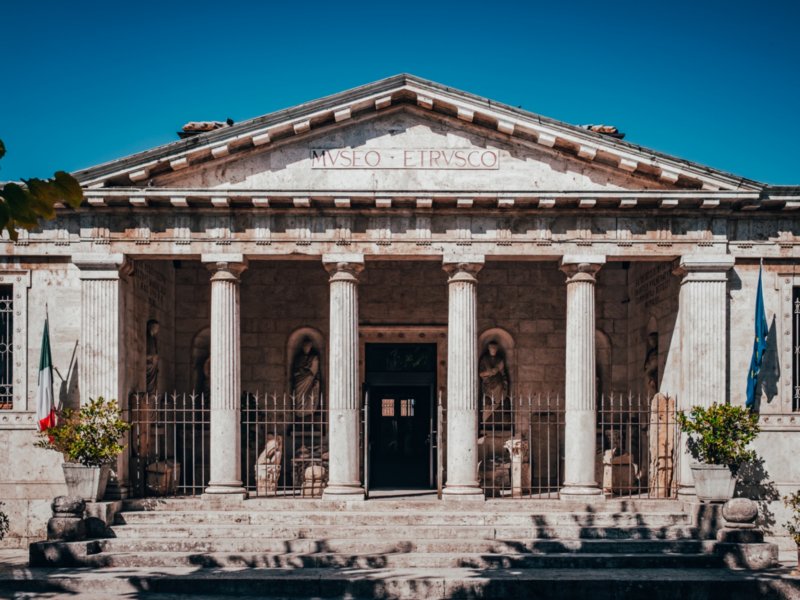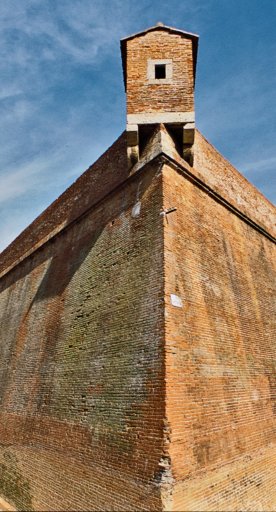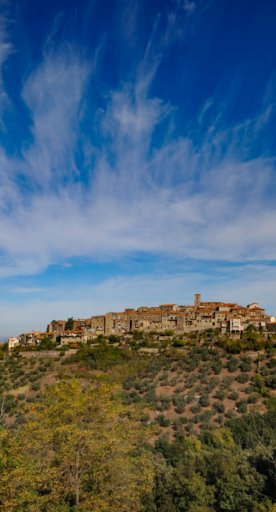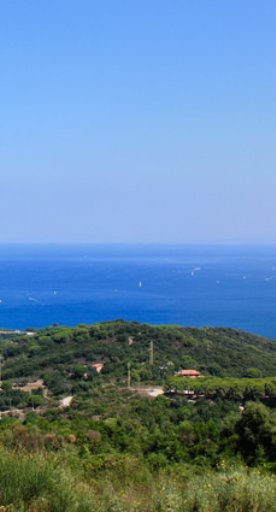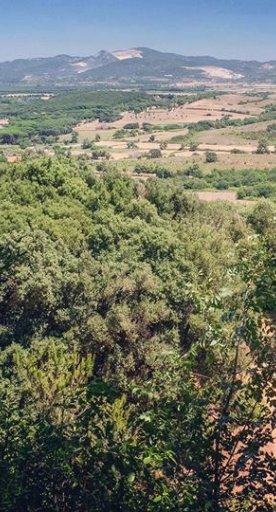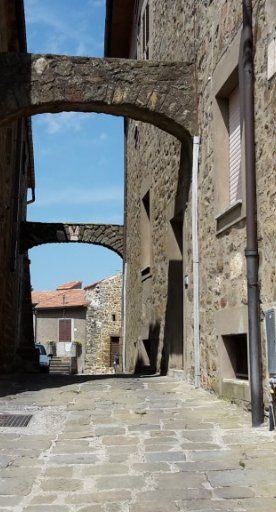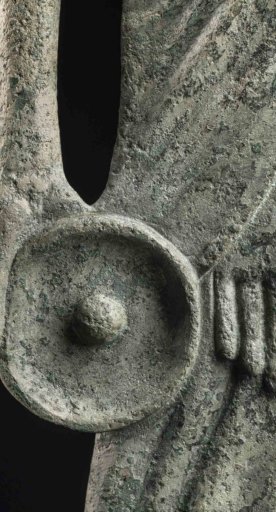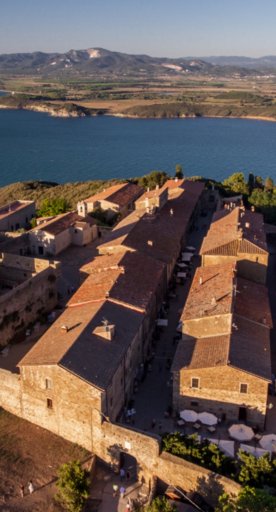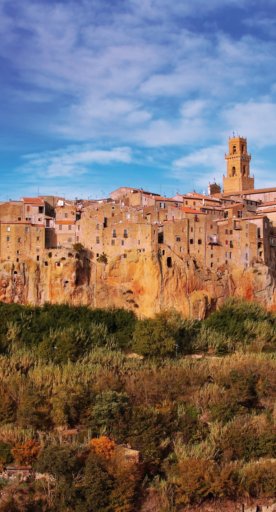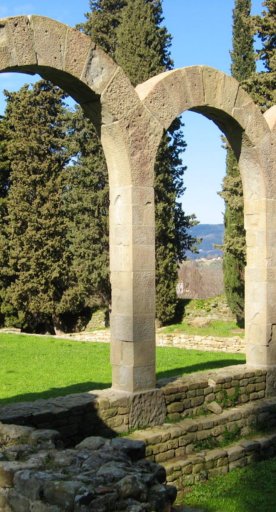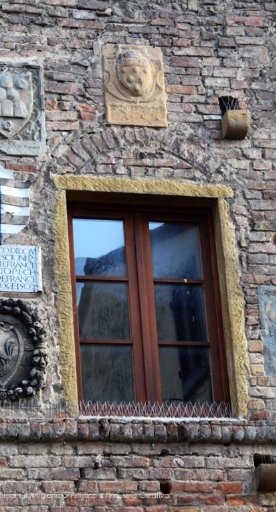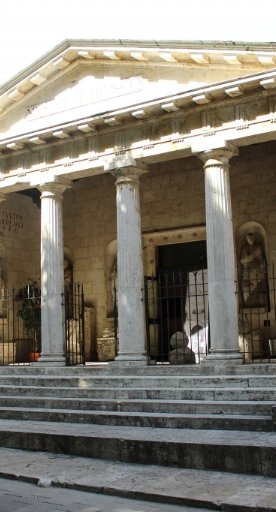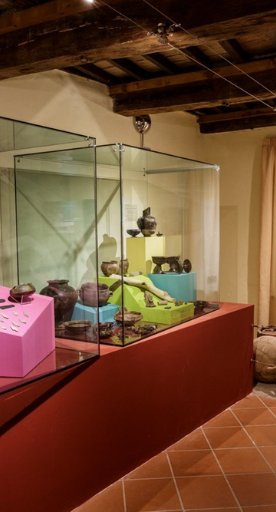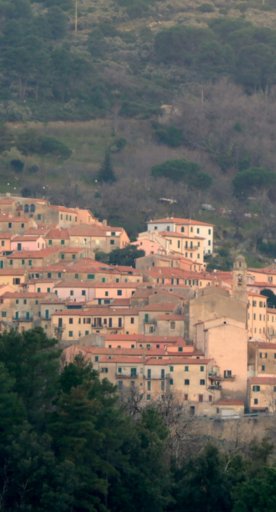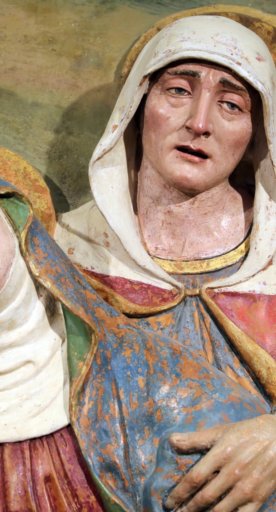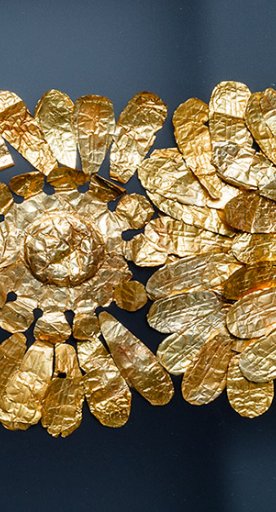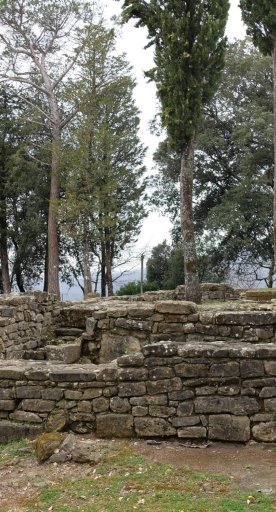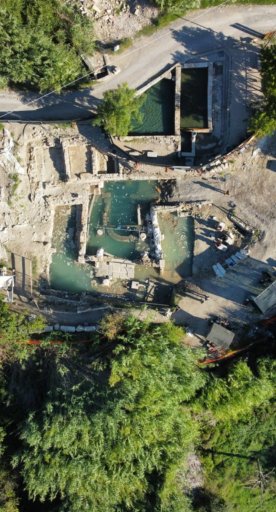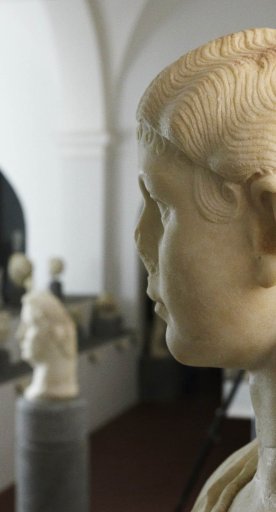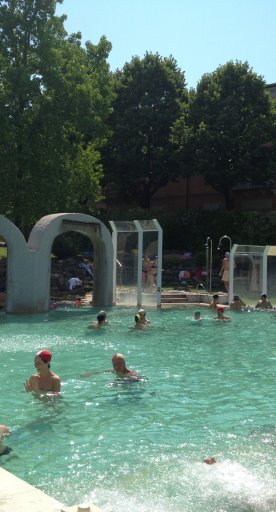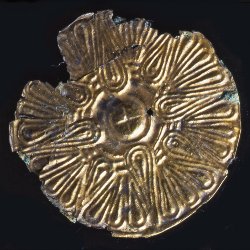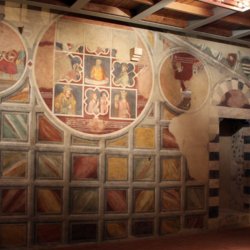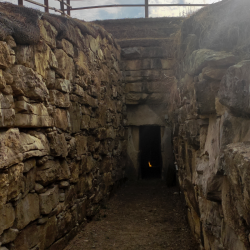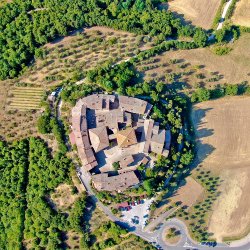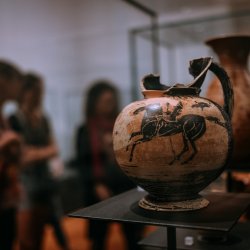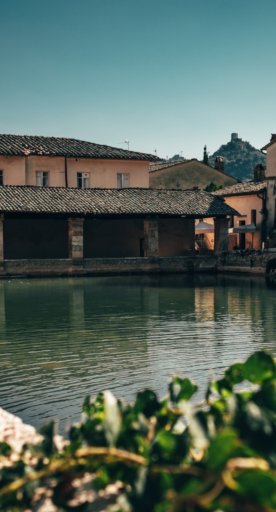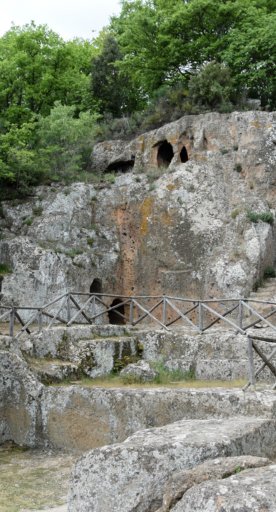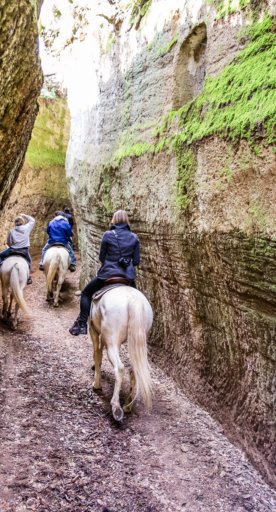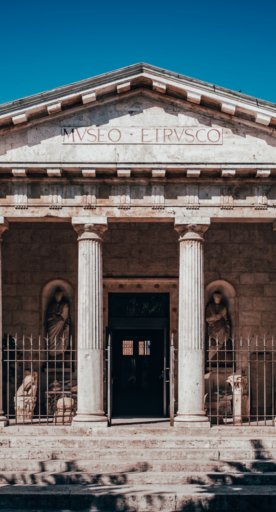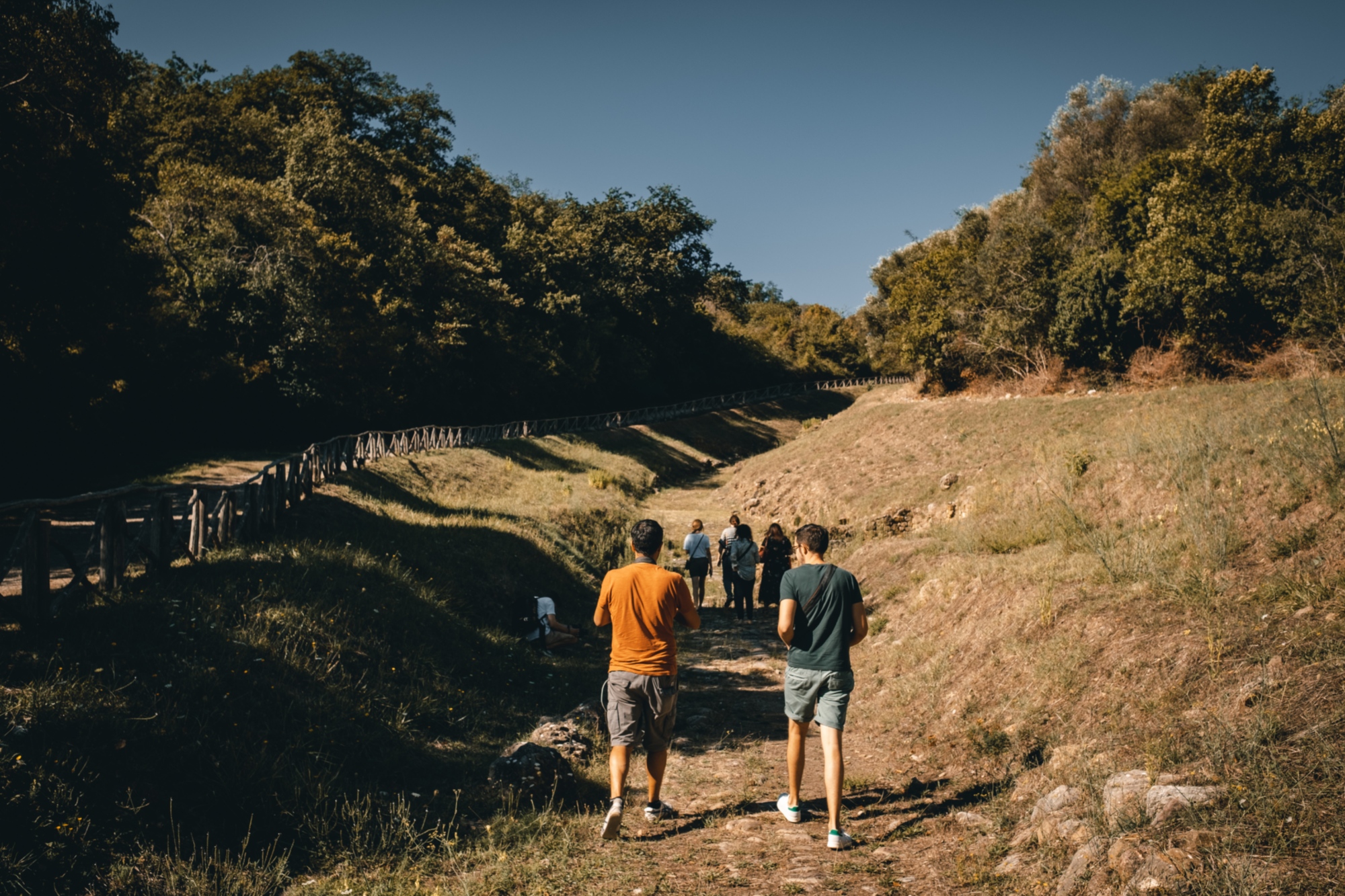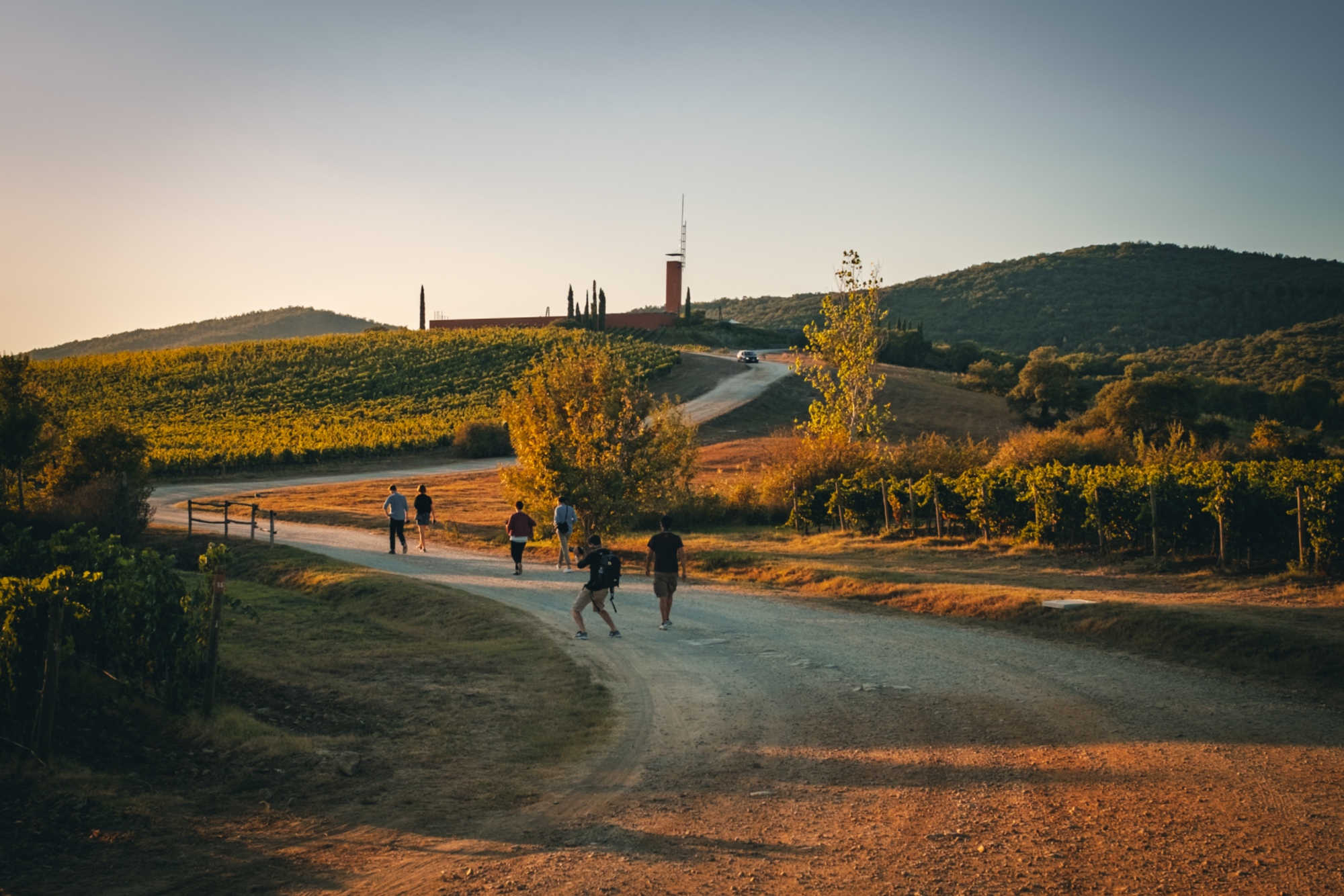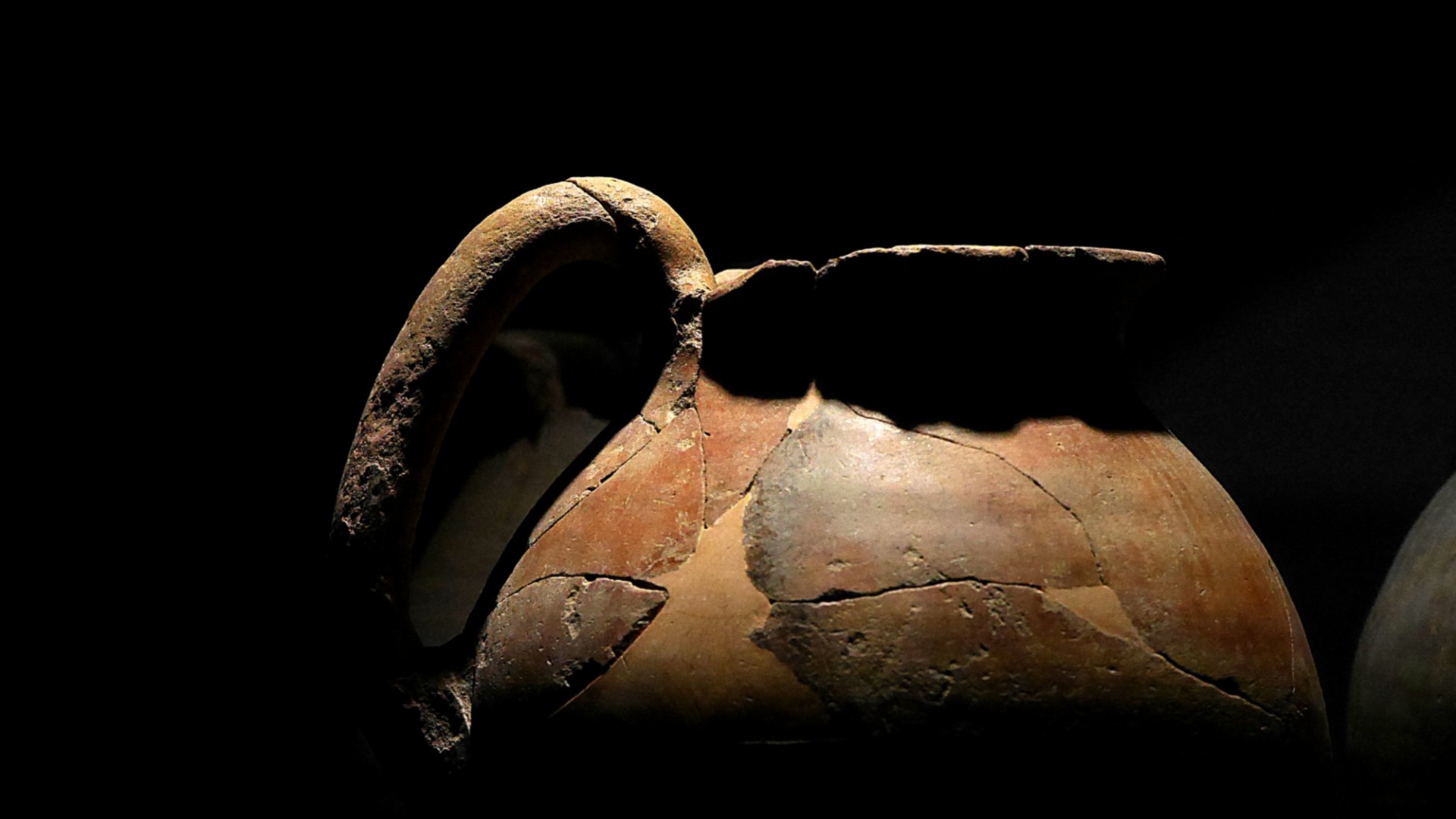
Etruscans
One of the most fascinating and enigmatic peoples of antiquity, the Etruscans left valuable traces on Tuscan soil.
Their country of origin is unknown, but from the 9th to the 1st century B.C. they settled in central Italy between the Arno and Tiber rivers and here founded a refined and powerful civilization, that extended its rule from Tuscany to the Po Valley and Latium.
Lovers of art, especially in terracotta and metalworking, they left behind splendid artistic works, along with towns and villages that still preserve the imprints of their passage. Tuscany is home to six of the twelve cities that made up the Etruscan Dodecapolis and hold valuable evidence of this civilization.
Chiusi was one of the main Etruscan cities, and numerous burials from the period have been found in the surrounding countryside, as well as the impressive hydraulic work known as the labyrinth of Porsenna, which is still walkable.
In Cortona, the MAEC - Museum of the Etruscan Academy is rich in Etruscan artifacts unearthed between Valtiberina and Valdichiana and from the Sodo and Camucia noble tombs.
In Arezzo, the famous Chimera was found, now preserved at the Archaeological Museum in Florence, while in the city the National Archaeological Museum "Gaio Cilnio Mecenate" with Etruscan jewels from the necropolis of Poggio del Sole is worth a visit.
In Fiesole, the archaeological area and the civic museum document the very ancient history of the city; among the hills of Carmignano and Artimino, of notable interest is the archaeological area that includes, among others, the grandiose Tumulus of Montefortini and the Necropolis of Prato Rosello; while the Guarnacci Museum in Volterra preserves one of the most important collections of Etruscan artifacts, the Urn of the Bride and Groom and the statue Shadow of the Evening.
Moving toward the coast, a visit to the Archaeological Park of Baratti and Populonia, the only Etruscan city built on the sea, is not to be missed; in Massa Marittima there is the Giovannangelo Camporeale Archaeological Museum, which houses Etruscan artifacts mainly from excavations at the village at Lake Accesa.
Descending into the Maremma we find Vetulonia, with the remains of its walls, tombs and artifacts housed in the Civic Archaeological Museum, and the striking Vie Cave dug out of the tuff in Pitigliano and Sovana, until we reach Saturnia, where the Etruscans exploited the precious hot springs.
Highlights
Biking in search of the Etruscans. Two itineraries.
Start your discovery
